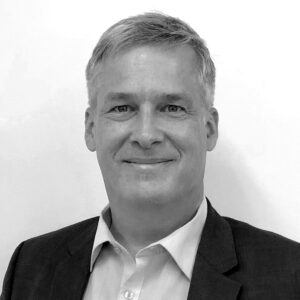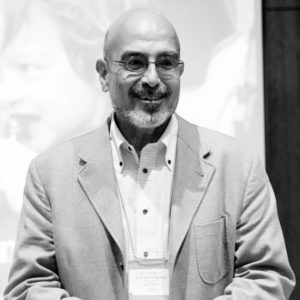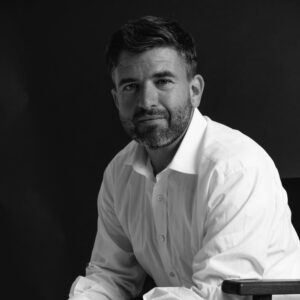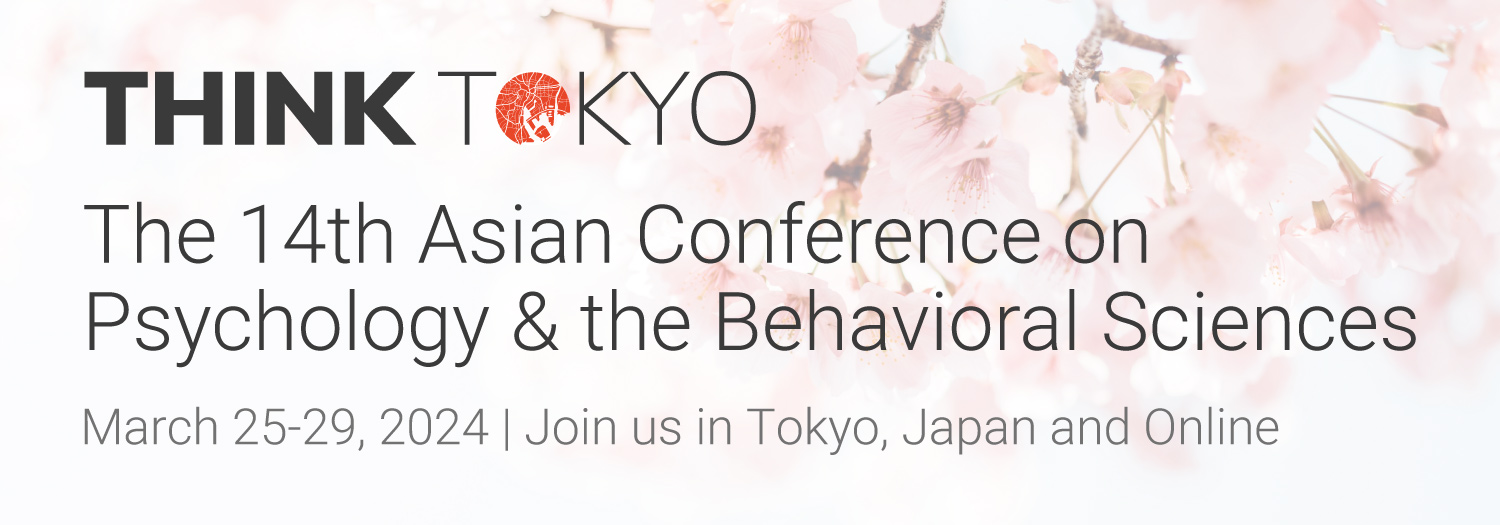Panel Series: Communication and Education for Peace
The modern globalised world offers extraordinary examples of cooperation between countries, and as they are progressively enhanced by technologies, major international initiatives help us advance common goals in the pursuit of a sustainable future, in the understanding that global issues such as climate change, energy security, pandemics, and mass migration, by definition are not and cannot be dealt with by one country alone.
However there is also much to be concerned about, as populism, nationalism, and authoritarianism are not only prevalent in autocratic regimes, but at the heart of democracies. Resulting governments emphasise competition and grievance with their neighbours, international institutions, and their authority is undermined, and diplomacy takes a back seat to force. Competing narratives are increasingly without nuance, and people/arguments from the other side/team/country are caricatured, misrepresented, and even dehumanised.
In this panel, we will specifically discuss current global crises and human security through the lens of psychology and institutions. The main question around how to overcome global crises will attempt to uncover a deeper psychological crisis that permeates societies, and ask whether institutions have failed us, considering the workings of psychological manipulation in our everyday life. This panel is part of a series of plenary panels that draws on members of the IAFOR network from different national, cultural, and disciplinary backgrounds, who will address the importance of cooperative engagement, through individuals and institutions, ultimately posing the question of what can be done to encourage more constructive global dialogue, and how this can be nurtured in ourselves.
Psychology and Human Insecurity
Brendan Howe,
Ehwa Woman's University, South Korea
Socio-political psychology and human insecurity are linked through the processes of othering and securitisation. The discriminatory treatment of the "other" outgroup (minorities, refugees, political opponents) undermines their human security, whereby they are seen as not being entitled to similar rights, benefits, or treatment, or may even be seen as in direct competition with the ingroup for perceived limited resources. These socio-political conditions are then further exacerbated by securitization whereby the nature of the other and their identity is first politicised, and then socially constructed by an unscrupulous political entrepreneur as a threat to the security of the referent subject (nation, way of life, regime, religion, race, generation, etc.). At the international level, these processes undermine international cooperation, perhaps dealing a fatal blow to human security-related multilateral regimes such as climate change, disaster relief, humanitarian intervention, and food security. Such trends have become more apparent with the rise of illiberal populism, and pose a direct threat to rights-based governance. On the other hand, we have seen something of a countering force of pro-rights and solidarist populism within the East Asian region. Education and information would seem to be key to addressing these challenges, but the spread of disinformation is an ever-present threat.
Is Psychology in Crisis?
Dexter Da Silva,
Keisen University, Japan
Important issues, referred to as crises, in society today have taken the forefront in political as well as academic debates. Crises such as the climate crisis, the refugee crisis, debt crisis, cost-of-living crisis, or the food security crisis, have sparked protests all over the world and are severely undermining human security. Merz et al (2023) observe the birth of an additional crisis, “The Human Behavioural Crisis'', which drives “ecological overshoot”. A critical part of this crisis is what they call “behavioural manipulation” by the marketing, media, and entertainment industries. Considering that the common definition of the field of psychology is “the study of human behaviour and the mind”, and that common goals of psychology include understanding, explaining, and predicting behaviour, and applying this knowledge to improve individuals' well-being, it seems natural to suggest that perhaps the field of Psychology itself is in a crisis. Merz et al (2023) call for increased interdisciplinary collaboration in order to address ecological overshoot which is integrally linked to the above crises.
Biographies
Brendan Howe
Ehwa Woman's University, South Korea

Brendan Howe is Dean and Professor of the Graduate School of International Studies, Ewha Womans University, South Korea, where he has also served two terms as Associate Dean and Department Chair. He is also currently the President of the Asian Political and International Studies Association, and an Honorary Ambassador of Public Diplomacy and advisor for the Korean Ministry of Foreign Affairs. He has held visiting professorships and research fellowships at the East-West Center (where he is currently enjoying a second term as a POSCO Visiting Research Fellow), the Freie Universität Berlin, De La Salle University, the University of Sydney, Korea National Defence University, Georgetown University, Universiti Malaysia Sarawak, and Beijing Foreign Studies University.
Educated at the University of Oxford, the University of Kent at Canterbury, Trinity College Dublin, and Georgetown University, his ongoing research agendas focus on traditional and non-traditional security in East Asia, human security, middle powers, public diplomacy, post-crisis development, comprehensive peacebuilding and conflict transformation. He has authored, co-authored, or edited around 100 related publications including Society and Democracy in South Korea and Indonesia (Palgrave, 2022), The Niche Diplomacy of Asian Middle Powers (Lexington Books, 2021), UN Governance: Peace and Human Security in Cambodia and Timor-Leste (Springer, 2020), Regional Cooperation for Peace and Development (Routledge, 2018), National Security, State Centricity, and Governance in East Asia (Springer, 2017), Peacekeeping and the Asia-Pacific (Brill, 2016), Democratic Governance in East Asia (Springer, 2015), Post-Conflict Development in East Asia (Ashgate, 2014), and The Protection and Promotion of Human Security in East Asia (Palgrave, 2013).
Dexter Da Silva
Keisen University, Japan

Dr Dexter Da Silva is Professor Emeritus at Keisen University in Tokyo. He has taught EFL at junior high school, language schools, and universities in Sydney, and has been living and teaching at the tertiary level in Japan for the past three decades. Professor Da Silva was educated at the University of Sydney (BA, Dip. Ed., MA), and the University of Western Sydney (PhD). He has presented and co-presented at conferences in Asia, Australia, Europe and the United States, and written, co-written, and edited numerous articles, book chapters and books on education-related topics, such as trust, student motivation, and autonomy. He is a past president of the Asian Psychological Association, past Dean of the Graduate School of Peace Studies at Keisen University, past editor of On CUE Journal, and current member of IAFOR International Academic Board and Board of Directors.
Joseph Haldane (Moderator)
IAFOR, Japan

Joseph Haldane is the founder, chairman, and CEO of IAFOR. He is responsible for devising strategy, setting policies, forging institutional partnerships, implementing projects, and overseeing the organisation’s global business and academic operations. Dr Haldane has a PhD from the University of London in nineteenth- century French studies (ULIP/RHUL), and has research interests in world history and politics; international education; and governance and decision making. Since 2015, he has been a Guest Professor at Osaka University’s School of International Public Policy (OSIPP), and Co-Director of the OSIPP-IAFOR Research Centre since 2017. In 2020, Dr Haldane was elected Honorary Professor of University College London (UCL) through the Bartlett School of Sustainable Construction, and full Professor in the United Nations Peace University's European Center for Peace and Development in 2022. A member of the World Economic Forum’s Expert Network for global governance, he holds visiting professorships at Belgrade and Doshisha Universities where he teaches ethics and governance. He is a member of the International Advisory Council of the Department of Educational Foundations at the University of Hawai'i at Mānoa. Dr Haldane has had full-time faculty positions at the Université Paris-Est Créteil, Sciences Po Paris, and Nagoya University of Commerce and Business, as well as visiting positions at the French Press Institute (Université Paris-Panthéon-Assas), and the Schools of Journalism of Sciences Po Paris and Moscow State University. Dr Haldane has been invited to speak at universities and conferences globally, including the UN HQ in New York, and advised universities, NGOs and governments on issues relating to international education policy, public-private partnerships, and multi-stakeholder forums. He was the project lead on the 2019 Kansai Resilience Forum, held by the Japanese Government through the Prime Minister’s Office, and oversaw the 2021 Ministry of Foreign Affairs commissioned study on Infectious Diseases on Cruise Ships.
About the Presenter(s)
-Brendan Howe is Dean and Professor of the Graduate School of International Studies, Ewha Womans University, South Korea.
-Dr Dexter Da Silva is Professor Emeritus at Keisen University in Tokyo.
-Joseph Haldane is the founder, chairman, and CEO of IAFOR.
See this presentation on the full schedule – Tuesday Schedule





Comments
Powered by WP LinkPress